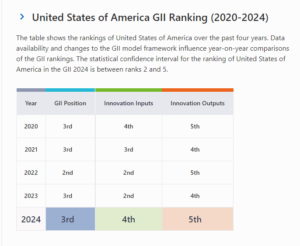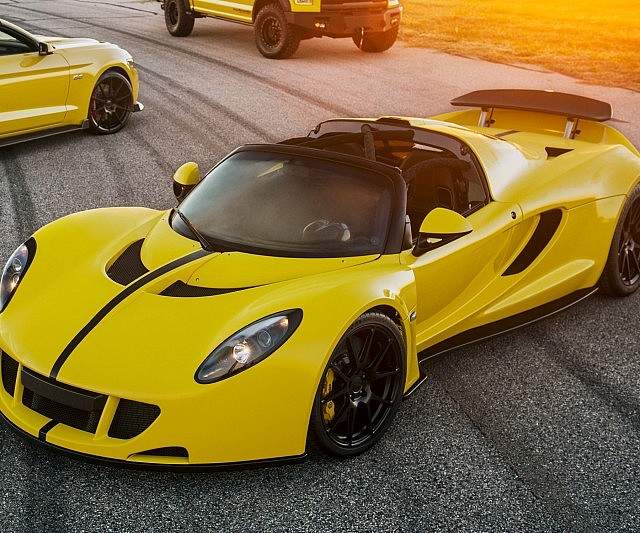When it comes to cars, a lot of Americans seem to be living in the past—somewhere between the 1950s and a few conspiracy theories ago. Ask your average person on the street which country leads the world in car production, and they’ll probably say, “The U.S., of course!” Cue the eyerolls from anyone who knows that the U.S. isn’t even in the top three.
But here’s the real kicker: the U.S. isn’t losing out to foreign countries because of “unfair trade practices” or “leftist ideologies.” No, folks—it’s because the world is changing, and America, well, isn’t changing fast enough.
Who’s Really Leading the Charge in Car Manufacturing?
If you think the U.S. leads in car production, it’s time to revise your geography (and possibly your news sources). In 2024, the top 10 car-producing countries are:
| Rank | Country | Cars Produced (in thousands) | Commercial Vehicles Produced (in thousands) |
|---|---|---|---|
| 1 | China | 26,123.76 | 4,037.21 |
| 2 | United States | 1,745.17 | 8,866.38 |
| 3 | Japan | 7,765.43 | 1,232.01 |
| 4 | India | 4,783.63 | 1,067.88 |
| 5 | South Korea | 3,908.75 | 334.85 |
| 6 | Germany | 4,109.37 | – |
| 7 | Mexico | 903.75 | 3,098.29 |
| 8 | Spain | 1,907.05 | 544.17 |
| 9 | Brazil | 1,781.61 | 543.23 |
| 10 | Thailand | 580.86 | 1,260.81 |
| 11 | Canada | 376.59 | 1,176.44 |
| 12 | France | 1,026.69 | 478.39 |
The U.S.? A solid second place—behind Japan and Germany. Surprised? You shouldn’t be. China not only tops the list, but they’re producing nearly 30 million vehicles a year. Meanwhile, the United States is hovering around 10 million. So much for being the land of cars, huh? The kicker? Many of those Chinese vehicles are electric.
Why America Isn’t Number 1
The U.S. has long been seen as a global leader in car manufacturing, but times have changed. While American automakers still play a significant role, countries like China, Japan, and Germany have surged ahead by embracing innovation, particularly in electric vehicles (EVs). Instead of investing heavily in future technologies, the U.S. has been slower to adapt, focusing more on traditional gas-powered vehicles.
This resistance to change, combined with the rapid technological advancements in other nations, has led to America’s decline in global car production rankings. Yet, instead of looking toward innovation, many Americans—particularly some union leaders and, let’s be real, a certain former president—are doubling down on gas-guzzling cars like it’s still 1995. Spoiler alert: it’s not.
Electric Vehicles: Job Creators, Not Job Killers
There’s this strange idea that electric vehicles (EVs) are some sort of “leftist” plot to take away jobs, bankrupting hardworking Americans. But this is simply not true. In fact, the opposite is happening.
For example, Ford has announced plans to create over 11,000 new jobs as part of its transition to electric vehicle production, including building new EV assembly plants and battery factories. Similarly, Volkswagen is investing heavily in the U.S. to create an electric vehicle workforce.
Jobs aren’t going anywhere—they’re just changing. Car manufacturers need technicians, software engineers, and factory workers to build and maintain EVs. Parts manufacturing is also expected to grow, as EVs will require constant innovation in battery technologies and other components.
By 2030, the global EV market is expected to create millions of jobs across different sectors like mining for lithium and cobalt (key battery components) and building advanced software systems
The UAW and the Gas-Powered Delusion
The United Auto Workers (UAW) has been reluctant to embrace the shift toward EVs, largely because they fear that it will lead to job losses. But that’s a shortsighted view. In reality, as car manufacturers shift to EVs, they’re investing billions of dollars in building new factories, creating more jobs in the long term.
So what’s really behind this resistance? Could it be that union leaders and politicians are trying to hold onto the past, feeding fears that EVs are “bad” for workers, when, in fact, they’re the future of manufacturing?
Just take a look at what’s happening globally. Norway aims for all new cars sold to be zero-emissions by 2025. Other countries are accelerating their shift towards electric vehicles, and if America doesn’t speed up, it risks being left behind.
It’s Not Leftist Ideology – It’s Science and Innovation
Contrary to what some politicians say, electric vehicles are not part of some nefarious “left-wing agenda.” They’re simply a technological evolution—just like the switch from horse-drawn carriages to gas-powered cars in the early 20th century.
Countries like Germany and Japan are aggressively pushing towards electric vehicles, with companies like Nissan and Toyota rolling out more electric models to prepare for global competition. Meanwhile, the U.S. continues to debate whether electric cars are even a good idea.
Here’s the truth: electric vehicles aren’t just better for the environment; they’re more efficient. The International Energy Agency (IEA) reports that EVs can reduce greenhouse gas emissions by up to 70% .
And for those worried about the “unfair trade practices” of China and other countries “taking jobs,” it’s worth noting that many U.S. companies—like Tesla—are already selling tons of cars in China. If American companies can profit from the global EV market, shouldn’t we be supporting this transition instead of resisting it?
The Consequences of Living in the Past
While other countries are moving forward with technological advancements, the U.S. is at risk of falling behind. According to the World Intellectual Property Organization (WIPO), the U.S. has seen a decline in global innovation rankings, slipping from 3rd place in 2020 to 4th in 2022.

That’s right, folks. While America argues over whether electric vehicles are “politically correct,” other countries are speeding past us with innovation and job creation.
Blame China? Or Blame Our Own Resistance to Change?
So, who’s really to blame here? China’s impressive car production numbers, especially in the EV market, aren’t the result of shady deals or “unfair trade practices.” They’re simply the product of forward-thinking policies and investments in technology.
Meanwhile, back in the U.S., instead of leading this movement, some people are busy jumping up and down at rallies, chanting slogans about “saving jobs” while ignoring the fact that Tesla—the face of America’s electric car industry—has already found a booming market in China.
Tomorrow, these same folks will blame China for “taking our jobs,” forgetting that they all gathered at rallies to resist the very technology that could have kept America ahead.
The Future is Electric (Whether You Like it or Not)
It’s time to face facts. The future of car manufacturing is electric, and whether we like it or not, the world is moving forward. Countries like Norway, Sweden, and Iceland have set aggressive targets for EV adoption, and Japan is rolling out more electric models than ever before.
Meanwhile, the U.S. lags behind in both innovation and production. We can either embrace this shift, retrain workers, and seize the opportunity to lead the global EV market, or we can keep clinging to outdated gas-powered cars and blame China for our own lack of progress.
What do I know, though? The richest man in the world—who owns Tesla—seems to think China is a pretty good market for electric cars. Maybe we should all listen to him. Or not.
Follow us on Facebook and Instagram for the latest updates and exclusive content! Join our community now!




